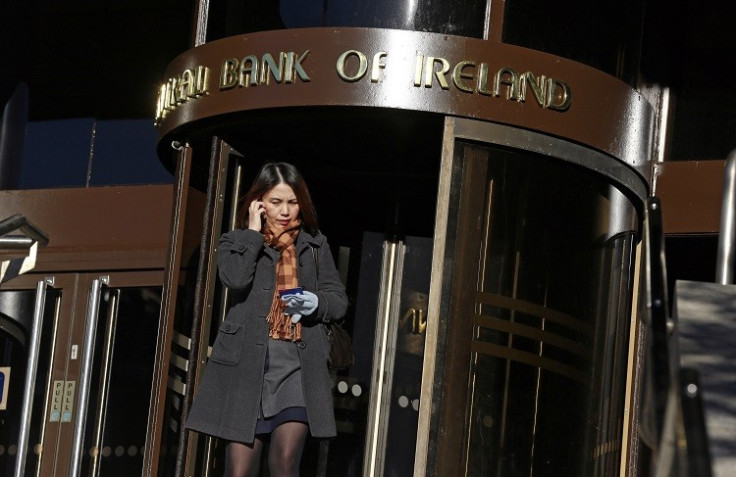A 'significant' number of firms are applying to relocate since Brexit, says Irish central bank
The Central Bank of Ireland said it will have to recruit new staff to handle the rising number of applications from international firms.

Ireland's central bank said it has received a "significant" number of approaches from new firms looking to relocate from the UK since Brexit.
The Central Bank of Ireland (CBI) added it needed to recruit extra staff to cope with the greater-than-expected interest, it said in its January minutes released today (14 January).
CBI deputy governor Cyril Roux said: "There had been significant levels of interest in authorisations sought for new businesses looking to relocate from the UK. The levels of interest were larger than had been initially anticipated."
He added that the "mind and management" of any international firm looking to move from the UK "should be located in Ireland, with all decisions taken here".
However, the central bank's director of credit institutions supervision, Ed Sibley, added: "Any potential new applications would have significant resource implications and challenges. There would be a requirement for additional staff with diverse skill sets to robustly evaluate any applications."
The minutes showed the bank currently employs 1,599 full-time staff, although it has funds to employ a total of 1,695 full-time workers.
Since Britain's referendum vote to leave the European Union (EU) on 23 June, a number of cities such as Dublin, Frankfurt, Amsterdam and Paris have been jostling to take business away from London, Europe's finance capital.
However, all of these cities would have problems coping with the sheer size of the financial services London handles.
Scotland's First Minister, Nicola Sturgeon, said yesterday she will ask for permission to hold a fresh referendum on Scottish independence, with the earliest date being autumn 2018 and the latest spring 2019.
In last year's UK Brexit referendum, Scotland voted 62% to 38% to stay in the EU. The nation's last independence vote came three years ago, when it voted 55.3% to 44.7% to stay inside the United Kingdom.
Also yesterday, British Prime Minister Theresa May's Brexit bill cleared all its hurdles in the Houses of Parliament, opening the way for her to trigger Article 50 by the end of March.
© Copyright IBTimes 2025. All rights reserved.






















